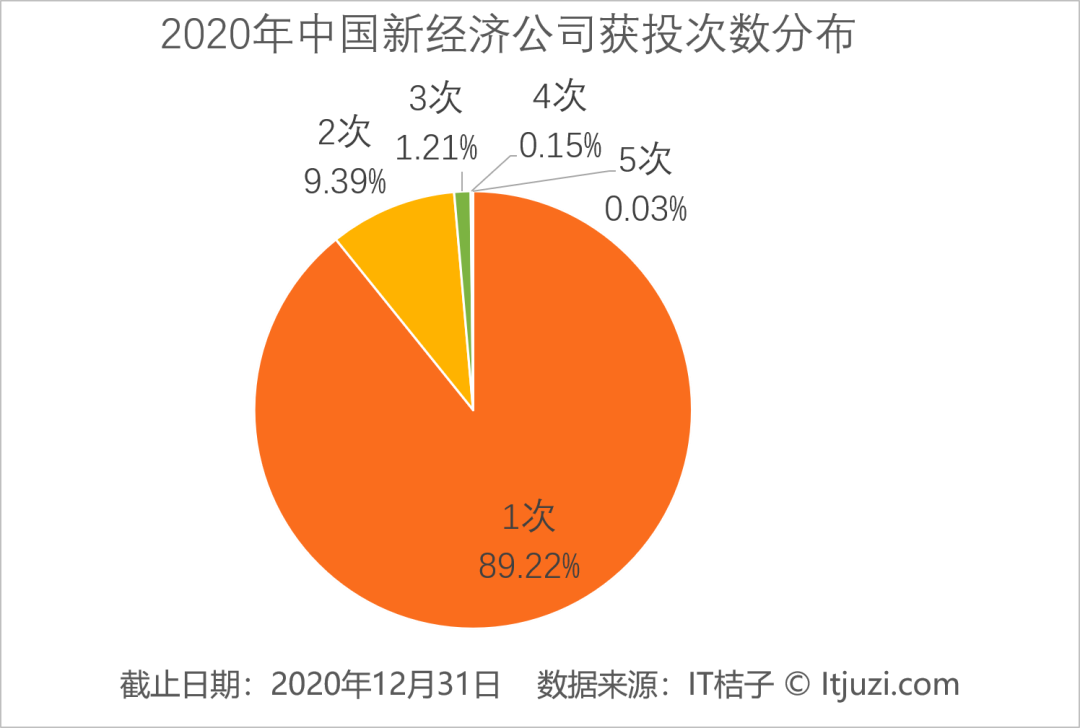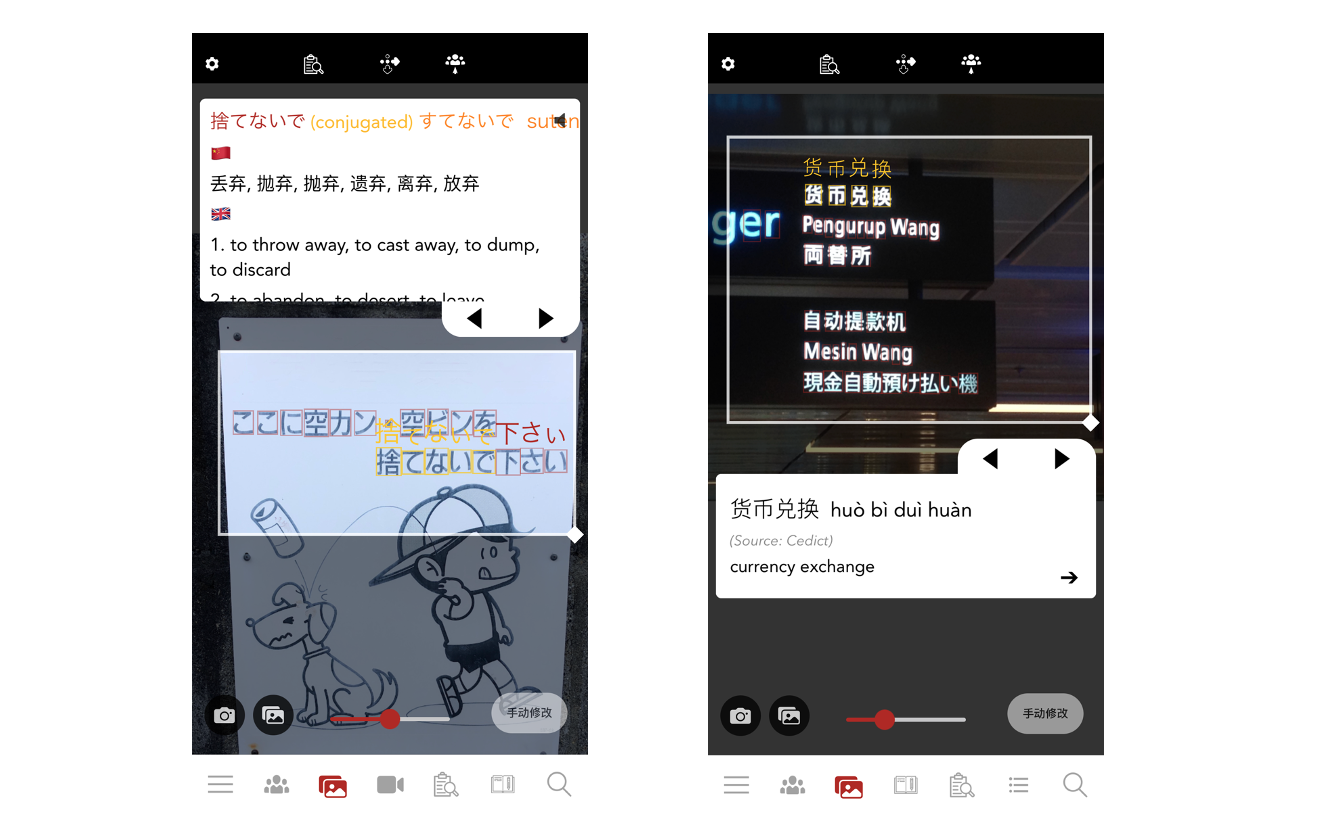In the past year, companies scrambled for IPOs, and some "bleeded" continuously and plunged all the way, and some IPOs were high light, which was enviable.
On November 20, Yixian E-commerce , the parent company of Perfect Diary , was listed on the New York Stock Exchange. On the first day of trading, its share price rose 75.24% to US$18.40, with a market value of US$12.2 billion; on December 11, Bubble Mart officially It was listed on the Hong Kong Stock Exchange with an issue price of HK$38.5 and an opening price of HK$77.1, which was a 100.26% increase from the issue price, and its market value exceeded HK$100 billion.
Perfect Diary and Bubble Mart broke out among a group of listed companies, attracting the attention of the outside world to new consumer brands. It is worth mentioning that in the tea industry, hi tea, vitality forest, tea Yan Yue Se and other websites Red brands have emerged one after another, driving wave after wave of consumer enthusiasm. In the game industry, the emergence of explosive models also quickly brought young companies such as Mihayou and Lilith to the center of the stage, damaging the face of major game companies. The interweaving and changes of the old and new forces will be particularly conspicuous in 2020.
In fact, this is also a reflection of the rise of a new generation of entrepreneurs, such as Perfect Diary, Bubble Mart, Hi Tea, Miha Tour... behind this are mostly the post-80s.
Post-80s entrepreneurs have become the core force of the current entrepreneurial world.
But not all post-80s entrepreneurs are so lucky. Technology-based startups represented by the "AI Four Little Dragons" all announced their impact on the listing this year, and it is still unclear who will get this AI "first share". In the context of doubts about the entire industry, the valuation given to them by the market is also unsatisfactory.
Flowers and applause on one side, cold water and doubts on the other.
Two Roads for Post-80s Entrepreneurs
In the early years, when the post-70s founders began to call the wind and rain and buy emerging companies everywhere, the post-80s entrepreneurs struggled to survive in the fierce competition between the giants, and when they were acquired as the reality, the post-90s had already begun to enter the entrepreneurial stage. Disturb the situation on the tuyere. As a result, the Internet entrepreneurs in the post-80s group once showed a "disruption" phenomenon, which also makes the post-80s entrepreneurs' sense of existence seem not as good as the post-90s.
Now this situation is changing. Zhang Yiming, Su Hua, Huang Zheng and other post-80s tycoons have already gained a foothold in front of the giants. In addition, a large number of post-80s entrepreneurs have gathered in front of the IPO this year. . They can be roughly divided into two distinct camps: technology companies emerging from the AI entrepreneurial wave and new consumer brands born from consumerism.
The former takes the technical route and the latter takes the marketing route.
In 2016, AlphaGo defeated the world's top Go player Li Shishi with an overwhelming 4:1 advantage. This victory quickly blew up a massive artificial intelligence trend in China, and countless entrepreneurs devoted themselves to the AI boom. Earlier, a large number of technical elites who had been dormant in the laboratory for many years also chose to walk out of the laboratory. They were looking for outlets, betting on them, and eager to change the world with technology.
The post-80s accounted for a large part, such as Yin Qi, who was born in 1988, graduated from Tsinghua University with a master's degree in computer science from Columbia University, and co-founded Megvii Technology with two classmates , and Lou Tiancheng, born in 1986— The recognized first person in computer programming for college students in China founded Xiaoma Zhixing.
In addition, the AI "Four Little Dragons" and the Cambrian that just went public, these AI start-ups that have broken out of the siege, are behind the 80s entrepreneurs.
However, the upsurge of AI entrepreneurship did not continue after all. In 2020, entrepreneurs will target the new needs of young consumer groups and play new tricks in industries such as tea and entertainment . Different from the past entrepreneurs, the new batch of post-80s are good at stimulating consumer desires, creating products in a way that satisfies the curiosity of users, and shaping new “net celebrities” one after another.
The entrepreneurial wave represented by new consumer brands such as Perfect Diary and Bubble Mart is no longer a deep transformation of business models or the creation of new species based on technological breakthroughs, but the market's pursuit of them has surpassed AI companies. After being listed on the Science and Technology Innovation Board, Cambrian’s stock price fluctuated all the way. The current market value is only 64.8 billion yuan, while Bubble Mart’s listing broke through 100 billion Hong Kong dollars; the AI "Four Little Dragons" went public on a bumpy road, and the perfect diary only took 4 years. Time has become the first stock of Chinese beauty.
The high expectations of the outside world for AI have fallen, and the business prospects of AI companies have been questioned. The road of technological entrepreneurship seems to have entered a cold winter, and consumerism is prevailing, trendy shoes, blind boxes, beauty... can meet the inner needs of young consumers The products are popular, attracting more entrepreneurs influx.
However, this trend hides the crisis.
2020, no new story in venture capital
In September of this year, Ali publicly predicted that "the next ten years are the 10 years for the Internet to create new brands." They believe that the rise of "new consumer brands" will become the most certain opportunity for China in the next 5-10 years.
Jiang Fan’s original intention is to emphasize that Tmall is still the core position of the new brand. From the perspective of the entire entrepreneurial environment, this judgment is surprisingly similar to the current entrepreneurial track focused on creating consumer brands. Perfect Diary, Bubble Mart , Hey Tea, Yuanqi Forest, Tea Yanyue... There seems to be no other new business stories besides those pouring into the center of the entrepreneurial stage in 2020.
Internet giants are busy reducing dimensionality and cracking down on vegetable vendors, and a new generation of entrepreneurs is staring at the pockets of young people.
This is inevitable. The Internet has left fewer and fewer opportunities for entrepreneurs born in the 1980s. Each track and each subdivision has almost been crowded with all-pervasive giants or entrepreneurs within the giant system, which does not include those who have fallen out. "Floating corpses" everywhere. If you take a closer look at the top 100 apps in Yuehuo, you will find that there are almost no new products born in 2020. Only when consumerism prevails, new brands can grow rapidly.

However, mainstream public opinion criticizes consumerism, and many people believe that consumerism deceives the younger generation to consume the symbolic meaning of goods rather than the actual use value. For example, blind boxes. Buying a blind box does not necessarily mean you really like the contents, but the act of opening the box itself brings an emotional experience similar to gambling.
The outside world is worried that young consumers will fall into the trap of consumerism, but it may be the entrepreneurial model that actually enters the trap.
From 2010 to 2020, there have been many climaxes in the wave of Internet entrepreneurship. Takeaway, O2O, online ride-hailing, short video, sharing economy, AI... these outlets are becoming more and more lively with more and more capital participation, but they are carried. The value of innovation has plummeted. From transforming traditional industries, upgrading consumption patterns to killing users' time, until now, only the satisfaction of consumer desires remains.
This is related to the starting point of the entrepreneurs. In the past, the original intention of entrepreneurs was to change, but now it has become catering. This leads to a key problem. Consumers’ consumer needs and psychology are constantly changing. Once you are not sure about this change, The life cycle of the company's products will be greatly reduced.
Moreover, the original commercial chain from user habit formation to user value mining is no longer established.
Another risk is that behind the new consumer brands such as Bubble Mart, Hey Tea, and Genki Forest are essentially consumer behaviors promoted by the insecurities of the current young people. When more and more people realize that this consumption behavior does not have much benefit in anxiety relief, it is obvious what choice they will make.
No more "breakers" on the Internet
Will the next BAT emerge among Internet startups in 2015?
This question was once asked by a netizen on Zhihu in September 2015. Among the few answers, the answer was surprisingly consistent: No.
However, the facts later hit the face. On January 6, even though it was caught in a storm of public opinion, Pinduoduo's stock price skyrocketed, and its market value reached its highest value ever-230 billion US dollars. Huang Zheng personal wealth also suffered over the horse of Ma Teng and become China's second richest. For entrepreneurs, Pinduoduo's success is more impactful than Meituan, which is not much different from its market value.
New forces such as Meituan and Didi have grown into industry giants, relying on model innovation to transform traditional industries. This is no different from the earlier BAT occupying the e-commerce, social, and search fields without strong opponents. Pinduoduo It was abruptly breaking through the cracks between Ali and JD.com. This seems to prove that the entrepreneurs who have fallen behind have proved that in an industry environment with a set pattern, it is not necessarily impossible to beat the big with small ones.
However, if you want to ask if there will be the next "Pinduoduo" among Internet startups in 2021, the answer may still be pessimistic.

According to statistics from it oranges , there will be a total of 3886 new economy companies in China in 2020, with a total financing of 814.5 billion yuan. And in this big cake, 56% of the funds were taken by companies with a financing amount of more than 1 billion yuan, but such companies only accounted for 4% of the invested companies, and 89% of the companies had only Won 1 vote.
It is clear that future funding set the trend in the head a few companies will be more severe.
More specifically, where did most of this money go? On the one hand, medical care, online education, industrial Internet, and technology sectors represented by robots, chips, and smart hardware; on the other hand, new consumption investment in second-tier cities, that is, new consumption of tea, self-heating pot , hot and sour powder, etc. Brand.
In the former entrepreneurial track that has been in development for several years, in theory, technology companies have the greatest potential and are far more imaginative than Pinduoduo. However, technology-based companies have the characteristics of long R&D time and long commercial payback period. In the mid- and early stages, R&D is the main focus, with products as a supplement, and the business model is relatively backward. This has become the biggest flaw in the capital winter, because the market pays more attention to the profitability of the company itself.
Therefore, the way such companies could have been financing through venture capital is no longer possible, and they can only rely on the stock market to meet their growing capital needs.
As for the latter, new consumer brands such as Bubble Mart, Hi Tea, and Vitality Forest are also marketing success and failure marketing. Under the restriction of non-rigid demand, its products can cover only a small group of young people. Those who like it are willing to consume, and those who don't like it are hard to impress. What's more, there are many subdivisions in the new consumer field, and it will be difficult to give birth to a giant that unifies the tea or play market.
New entrepreneurs born in the 1980s still have a long way to go.
In 2020, the "lipstick effect" will begin to appear. Consumers avoid buying bulk commodities and prefer products that can satisfy strong consumer desires and bring psychological comfort. This is true for lipsticks, blind boxes, and online tea drinks, which will give birth to There are more new consumer brands. However, whether this is a good era or a bad era is uncertain.
But the pockets of consumers have long been targeted by countless entrepreneurs. Their methods have no technical content, but you still haven't seen the key.


